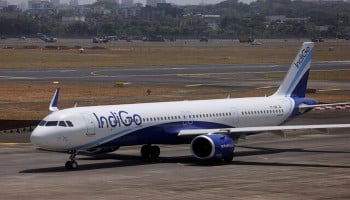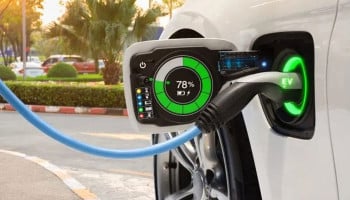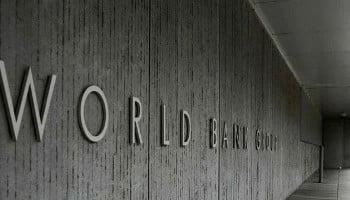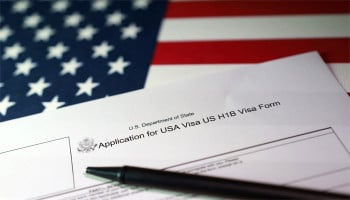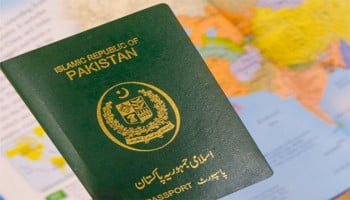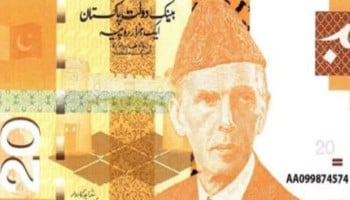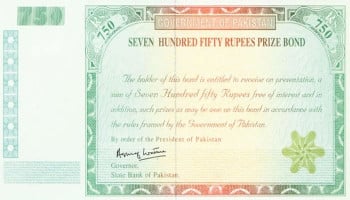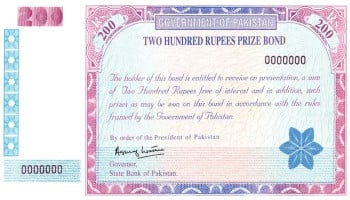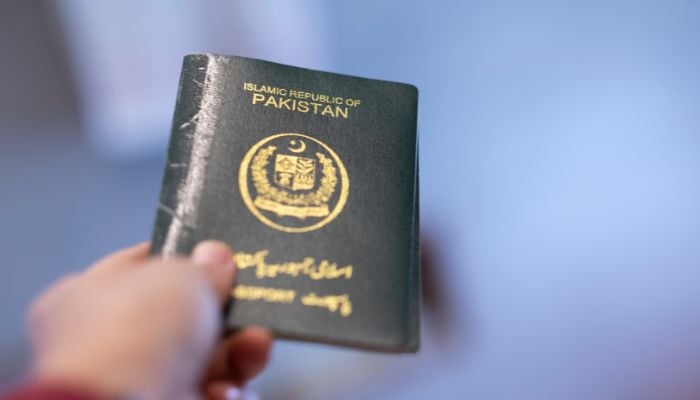
The Economic Coordination Committee (ECC) of Pakistan, chaired by Federal Minister for Finance Muhammad Aurangzeb, on Friday (November 1) approved a series of significant funding allocations, including Rs2.9 billion for e-Passport systems.
The grant would enable the Directorate General of Immigration & Passports to acquire six desktop machines, ensuring seamless service for the public.
The e-Passport system, once in place, would feature improved security and a digital process for personalising passports. This would not only streamline the procedure for passport issuance but also strengthen identity verification, reducing potential delays at immigration checkpoints for Pakistani travellers.
By adopting e-passport technology, Pakistan aims to make travel easier and more secure for its citizens. This aligns with the government's broader vision for digital governance and public convenience.
Additional allocations by ECC
Additionally, the ECC discussed the distribution of domestic and imported wheat stocks for food security. Following extensive discussions, the committee decided that the Pakistan Agricultural Storage & Services Corporation (PASSCO) would allocate the wheat according to the February 2024 distribution ratio. Before being distributed, all wheat would be tested for quality.
Another key decision was the approval of Rs252 million for the Capital Development Authority (CDA) to support civic services at the Prime Minister’s Office and related facilities. The Ministry of Defence also received Rs1.8 billion to overhaul the engines of two VVIP aircraft used for official state purposes by Pakistan’s top leaders.
Read more: PTA issues warning against illegal forex trading platforms
The ECC also approved Rs30 billion for the Flood Response Emergency Housing Project. This budget will be allocated to the Government of Sindh for flood recovery efforts, aiding housing reconstruction.
The National Accountability Bureau (NAB) received Rs376 million to meet expenses in line with Recovery and Reward Rules. Meanwhile, the Ministry of Commerce secured Rs226 million for supporting trade and investment missions in China.
The ECC meeting was attended by various ministers and senior officials, underscoring the collaborative approach to these decisions.




